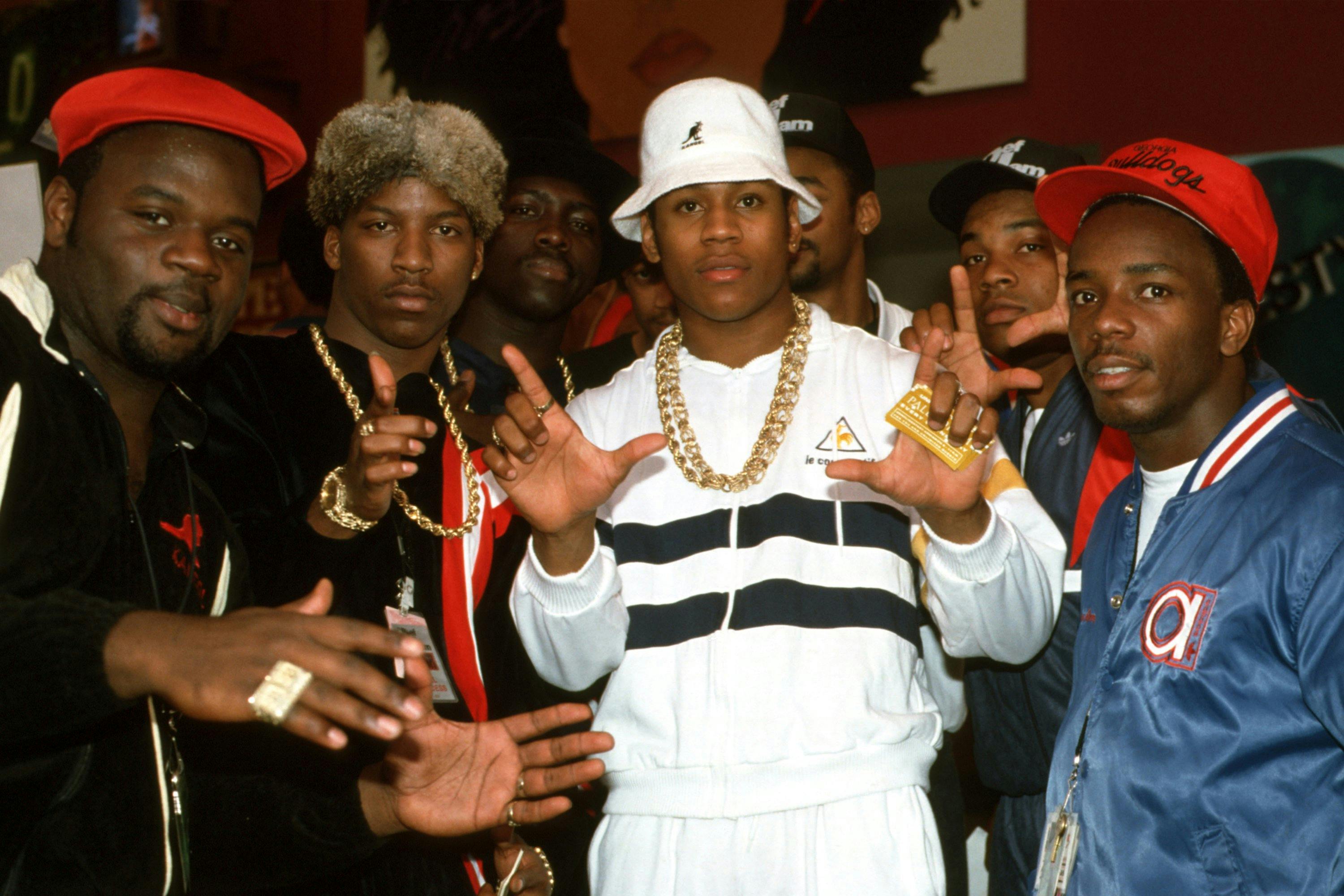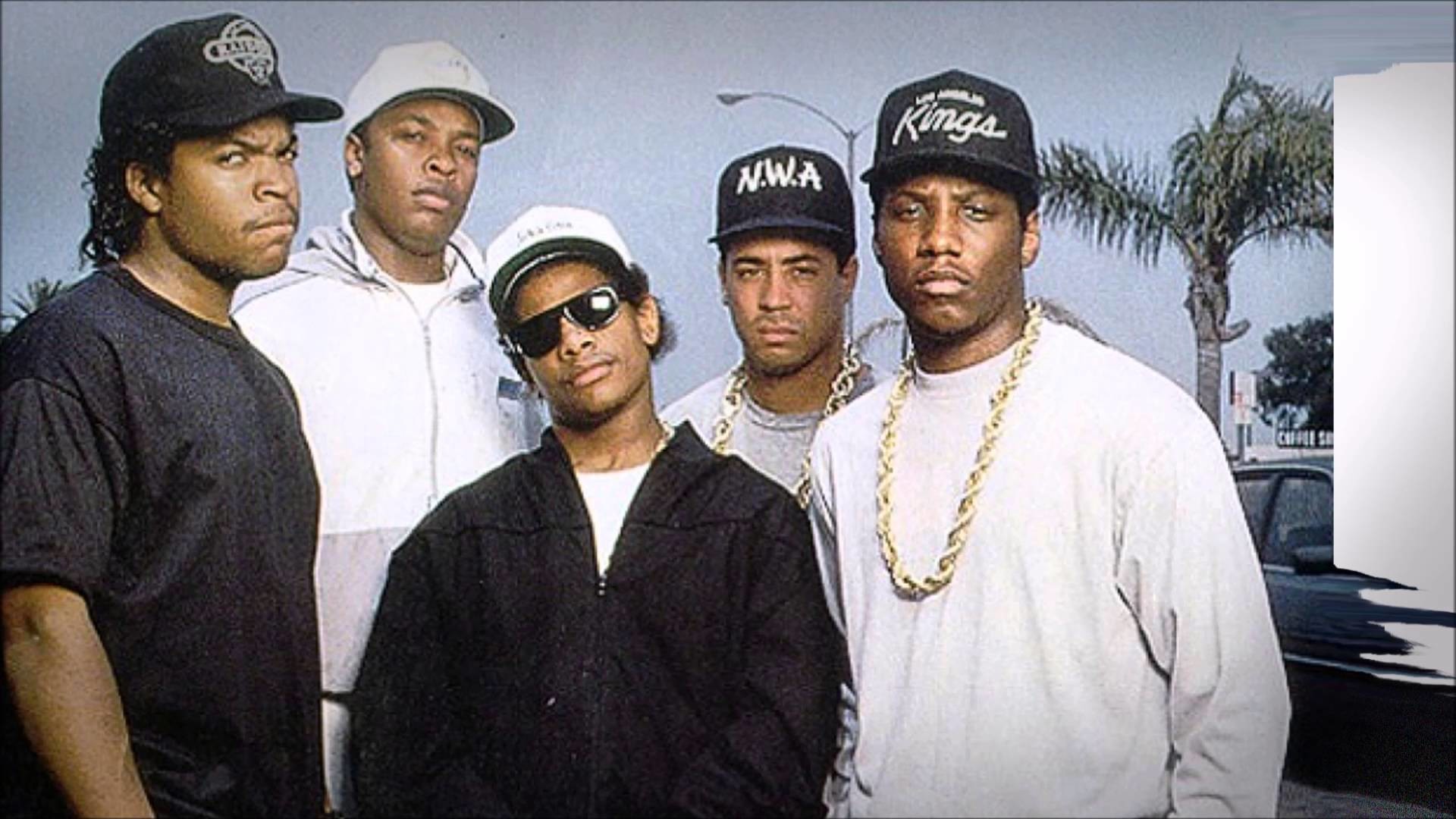The 1980s marked a transformative era in music, particularly with the emergence of rap bands that reshaped the landscape of hip-hop. During this decade, rap music transitioned from underground parties in New York to mainstream recognition, giving rise to influential groups that would leave a lasting impact on both music and culture. This article delves into the significant contributions of 80s rap bands, their evolution, and their enduring legacy in today’s music scene.
The golden age of hip-hop saw the birth of iconic rap groups such as Run-D.M.C., Public Enemy, and the Beastie Boys. These bands not only showcased lyrical prowess but also addressed social issues, making them relatable to a diverse audience. As we explore this vibrant period, we’ll examine the characteristics that defined these groups and their music, the cultural context in which they thrived, and how their influence persists in contemporary music.
This exploration of 80s rap bands will be thorough and insightful, providing a comprehensive understanding of their significance. From their unique styles to their groundbreaking achievements, we will cover various aspects that highlight why these artists are celebrated and remembered even decades later.
- The Inspiring Journey Of Lizzo Embracing Body Positivity And Weight
- Judd Actress The Rise And Legacy Of A Multitalented Star
Table of Contents
- Biography of 80s Rap Bands
- Key Rap Groups of the 80s
- Musical Styles and Innovations
- Cultural Impact of 80s Rap
- Addressing Social Issues Through Music
- Legacy of 80s Rap Bands
- Continuing Influence on Modern Music
- Conclusion
Biography of 80s Rap Bands
The 80s was a crucial decade for the genre of rap and hip-hop. Initially rooted in African American culture, rap music saw a surge in popularity, leading to the formation of several influential bands. These groups often comprised diverse members who brought their unique perspectives and experiences to their music. Below is a table summarizing some key figures and groups from this era.
| Group Name | Members | Notable Albums | Years Active |
|---|---|---|---|
| Run-D.M.C. | Joseph Simmons, Darryl McDaniels, Jason Mizell | Run-D.M.C. (1984), Raising Hell (1986) | 1983–2002 |
| Public Enemy | Chuck D, Flavor Flav, Terminator X | It Takes a Nation of Millions to Hold Us Back (1988) | 1985–present |
| The Beastie Boys | Mike D, MCA, Ad-Rock | Licensed to Ill (1986), Paul's Boutique (1989) | 1981–2012 |
Key Rap Groups of the 80s
Several rap bands emerged during the 80s, each contributing to the genre in their own unique way. Here are some of the most influential groups from this decade:
Run-D.M.C.
Run-D.M.C. is often credited with bringing rap music to the mainstream. Their fusion of rock and rap, particularly in hits like "Walk This Way" featuring Aerosmith, helped bridge the gap between genres. They also became the first hip-hop group to earn a gold record, revolutionizing how rap was perceived in popular culture.
- Laura Wasser The Preeminent Attorney In Family Law
- Understanding Pet Food A Comprehensive Guide For Pet Owners
Public Enemy
Public Enemy was known for their politically charged lyrics and powerful message. Their album "It Takes a Nation of Millions to Hold Us Back" is considered one of the greatest hip-hop albums of all time. The group utilized their platform to address social injustices and empower marginalized communities.
The Beastie Boys
The Beastie Boys started as a punk band before transitioning to hip-hop, and they became one of the first white rap groups to achieve significant success. Their debut album "Licensed to Ill" was the first rap album to top the Billboard 200 chart, showcasing their broad appeal and innovative sound.
Musical Styles and Innovations
The musical styles of 80s rap bands were diverse, often incorporating elements from various genres. Here are some notable innovations:
- Sampling: The use of samples from funk, soul, and rock music became a hallmark of hip-hop production during this era.
- Beatboxing: Artists like Doug E. Fresh popularized beatboxing, adding a unique vocal percussion element to live performances.
- Lyricism: The complexity and depth of lyrics increased, with artists using intricate rhymes and wordplay to convey messages.
Cultural Impact of 80s Rap
The cultural impact of 80s rap bands extends beyond music; they influenced fashion, language, and lifestyle. Key aspects include:
- Fashion Trends: The hip-hop fashion of the 80s, characterized by oversized clothing, sneakers, and accessories, became a cultural phenomenon.
- Language and Slang: The use of slang in rap music helped shape popular vernacular, influencing how people communicated.
- Dance Styles: Breakdancing emerged as a popular dance form, often associated with hip-hop culture and competitions.
Addressing Social Issues Through Music
Many 80s rap bands used their music to address pressing social issues, including:
- Racial Inequality: Groups like Public Enemy highlighted systemic racism and called for change through their powerful lyrics.
- Gun Violence: Artists often depicted the struggles of inner-city life, bringing attention to issues such as gun violence and poverty.
- Empowerment: Many songs served as anthems for empowerment, encouraging listeners to rise above adversity and fight for their rights.
Legacy of 80s Rap Bands
The legacy of 80s rap bands is profound, influencing countless artists and genres today. Their contributions have reshaped music and culture in the following ways:
- Inspiration for Future Artists: Many contemporary artists cite 80s rap groups as major influences on their work.
- Expansion of Hip-Hop Culture: The success of these bands paved the way for the mainstream acceptance of hip-hop, leading to its dominance in the music industry.
- Continued Relevance: The themes and issues addressed by 80s rap bands remain relevant today, resonating with new generations of listeners.
Continuing Influence on Modern Music
Today, the influence of 80s rap bands can be seen across various music genres. Many artists borrow from their styles, lyrical content, and production techniques. Notable examples include:
- Sampling: Modern hip-hop frequently samples classic tracks from the 80s, keeping the legacy alive.
- Collaborations: Contemporary artists often collaborate with legendary figures from the 80s, bridging generational gaps.
- Social Commentary: Today’s hip-hop continues to reflect social issues, echoing the messages of earlier bands.
Conclusion
In conclusion, the 80s rap bands played a pivotal role in shaping the music industry and addressing social issues through their powerful lyrics and innovative styles. Their legacy continues to influence modern music and culture, proving that their impact is both profound and lasting. If you enjoyed this exploration of 80s rap bands, feel free to leave a comment, share this article, or check out more content on our site!
Penutup
Thank you for taking the time to explore the dynamic world of 80s rap bands with us. We hope this article has provided valuable insights and fostered a deeper appreciation for this influential era in music. We invite you to return for more engaging content, and continue your journey through the rich history of hip-hop culture.
- Michi Foreman A Comprehensive Overview Of His Life And Career
- Cast Of The Color Purple 2023 A Deep Dive Into The Stellar Ensemble


